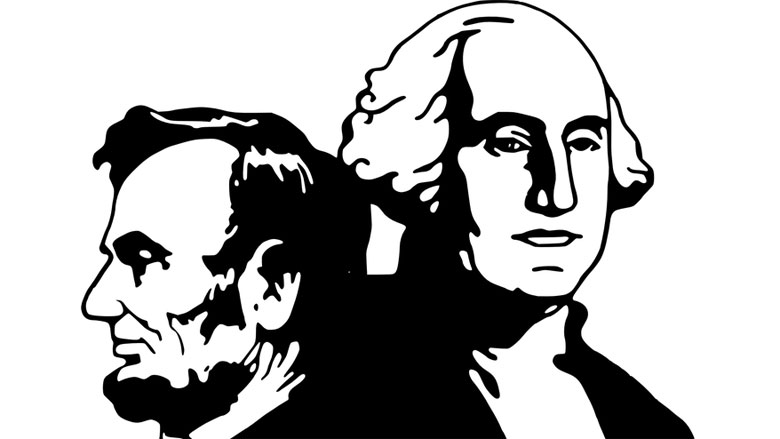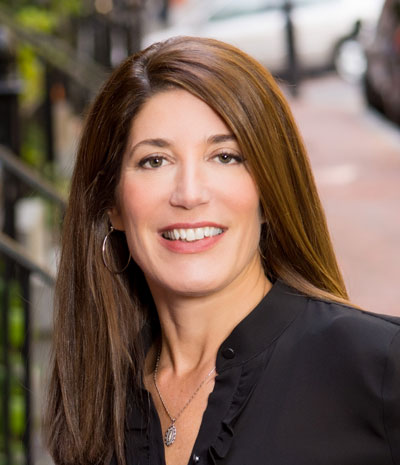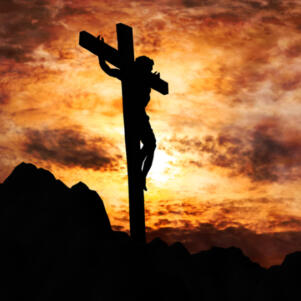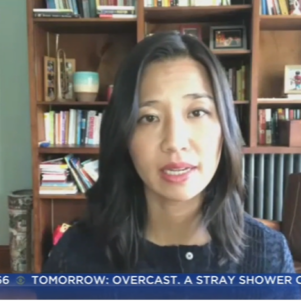The BLOG: Politics
Presidents’ Day watered down: Not all deserving of the honor
Jennifer C. Braceras | February 12, 2016
This article originally appeared in the Boston Herald on Feb. 21, 2011.
Not so long ago, many states celebrated Abraham Lincoln’s birthday on Feb. 12 and George Washington’s on Feb. 22. Today, the nation celebrates “Presidents’ Day,” a three-day weekend, custom made for skiing and car sales.
Many people still regard Presidents’ Day as a day to honor the father of our country. And, legally, the federal holiday is still named “Washington’s Birthday.”
But in 1968, when Congress moved the celebration from Feb. 22 to the third Monday in February, the day became ambiguous. Did Congress intend to create one single national holiday to honor Lincoln and Washington, both of whom were born in February? No. But many people assumed this to be the case. Before long, advertisers were calling the holiday “Presidents’ Day.” And the name has stuck.
So, today, do we honor Washington alone? Washington and Lincoln? Or has Presidents’ Day morphed into a generic holiday to honor all presidents, including Millard T. Fillmore, Richard Nixon, Chester Arthur and Bill Clinton?
To most people, the latter suggestion is absurd.
Including all the presidents in our national celebration devalues the honor.
But to others, this is precisely the objective.
In our universities, deconstructionists have taught two generations of students to reject American exceptionalism in favor of a view of America as oppressor. Rather than teach our country’s story as one of progress, these academics teach our history as a series of unfortunate events. In their view, people act only out of self-interest; heroism is a myth.
Over time, these pernicious ideas have infected the American consciousness:
Today, our leaders apologize to dictators for America’s alleged sins (see, for example, President Obama’s speech in Cairo in 2009); our historians study the past with a prurient interest in private scandal rather than public work; and our elementary schools refuse to teach students about our Founding Fathers.
Indeed, although some Massachusetts school children learn about colonial life and society, very few study Massachusetts patriots John Adams or Paul Revere or attempt to understand how these men changed the course of history.
Even fewer learn to honor Washington or Lincoln. Sadly, students today are more likely to lament that Washington owned slaves than to admire him for his humility in rejecting monarchy or a lifetime presidency. Likewise, they are more likely to describe Lincoln as a racist manic-depressive than as the “Great Emancipator” who saved our country from disintegration.
That Washington and Lincoln were flawed, there can be no doubt. But heroes are not saints. (In fact, most saints can’t even live up to the standard of perfection we expect from our heroes today.)
Heroes are what educator Peter Gibbon calls “imperfect people of extraordinary achievement, courage, and greatness of soul whose reach is wider than our own.”
They are people who, in spite of their faults, overcome adversity to change the world for the better, and who inspire us to try to do the same.
By this definition, Washington and Lincoln are two of our nation’s greatest heroes, and they each deserve a holiday (or one holiday called Washington-Lincoln day).
Unfortunately, however, in this era of political correctness, we have become a culture uncomfortable with greatness and a nation unwilling to single out heroes. We have deconstructed our history to the point that we regard exceptional people as irrelevant and irrelevant celebrities as important. “Dead, white men” are out; athletes, pop stars and minor historical figures are in.
So, why not celebrate all presidents? And, while we’re at it, why not celebrate all senators, congressmen, governors, state reps and mayors? Don’t they deserve a holiday too? Doesn’t everybody?







